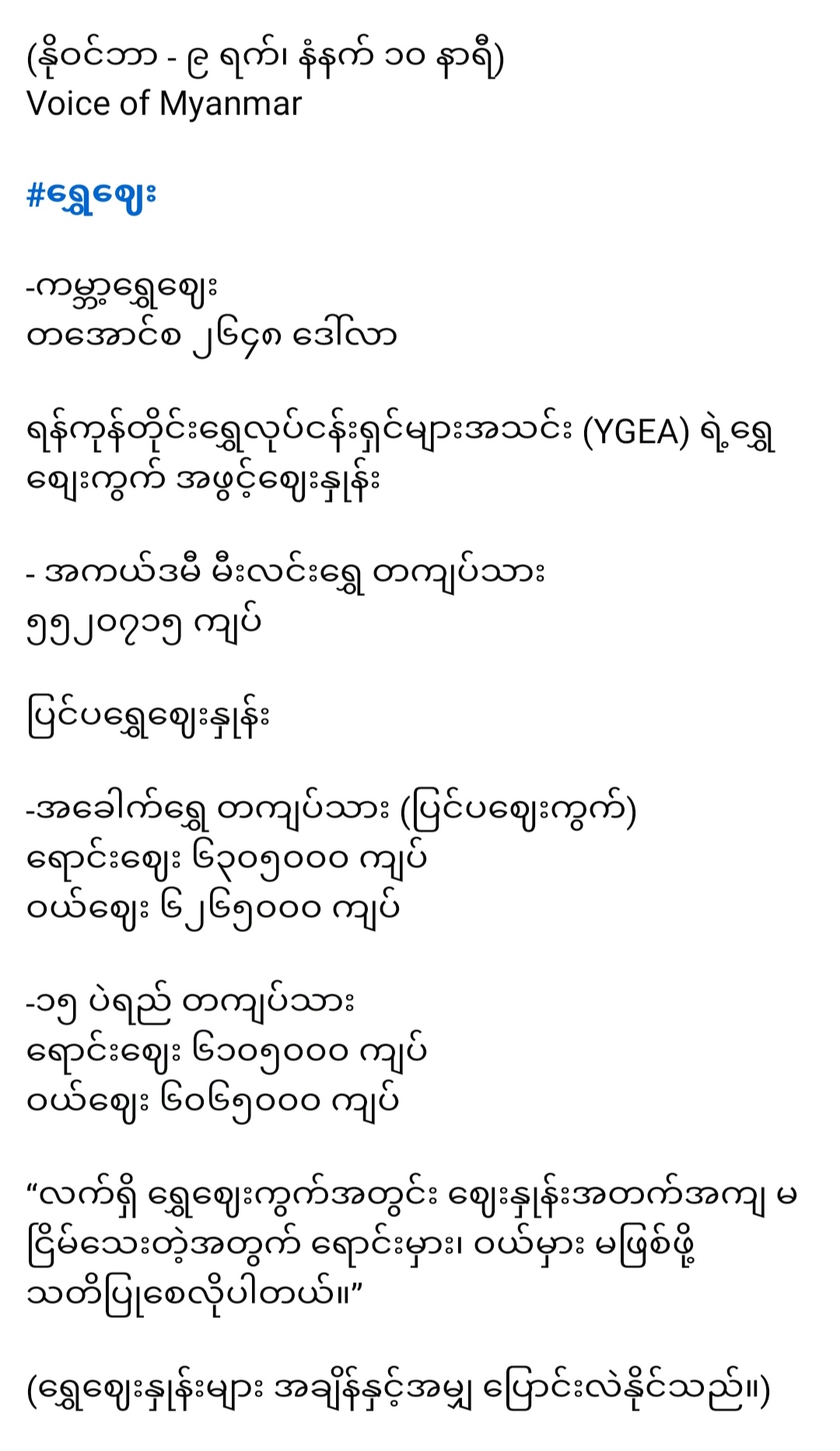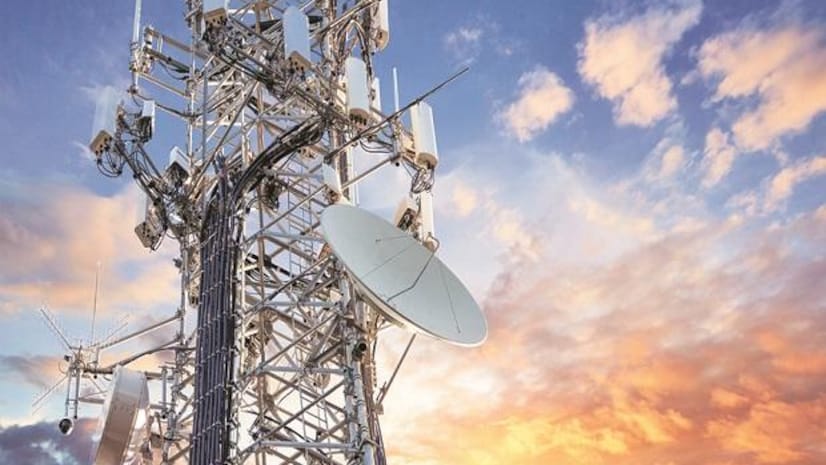
Telecommunication companies in Grenada
Grenada, a small island nation in the Caribbean, has a telecommunications industry that plays a key role in the country’s economic and social infrastructure. Despite its small size, Grenada has embraced the importance of digital connectivity, and several telecommunication companies provide services to the island’s approximately 112,000 residents. Here’s an overview of the telecommunication landscape in Grenada, focusing on the major providers, their services, and recent developments.
1. Major Telecommunication Providers
In Grenada, the telecommunications sector is primarily dominated by two major companies: Flow (a subsidiary of Liberty Latin America) and Digicel. These companies offer a wide range of services, including mobile networks, internet, fixed-line telephone services, and cable television. Their competitive relationship drives service improvements and innovation in the local market, benefiting consumers.
Flow Grenada
Flow Grenada, previously known as Cable & Wireless Grenada, has been a cornerstone in the island’s telecommunications sector for decades. Flow provides a variety of services such as high-speed internet, mobile plans, and home telephone services. Known for its reliable broadband connectivity, Flow has focused on expanding its fiber-optic network across Grenada, which allows for faster and more reliable internet services. Flow also offers TV packages, combining entertainment with communication services to provide customers with bundled options.
As part of Liberty Latin America, Flow benefits from a strong network infrastructure and a commitment to ongoing investments. This has allowed Flow to improve its 4G LTE network, which is critical given the rise of mobile internet users on the island. Flow also offers prepaid and postpaid plans, allowing flexibility based on users’ needs and budgets.
Digicel Grenada
Digicel is another major telecommunications provider in Grenada. Since its entry into the market, Digicel has made significant strides to capture a substantial share of the mobile and internet service market. Known for its affordable mobile packages and frequent promotions, Digicel appeals especially to younger users and those seeking cost-effective options. The company also provides both 4G LTE and fiber-based internet, making it a key player in Grenada’s internet market.
Digicel has invested in digital innovation to improve the user experience. For example, it launched the Digicel Prime Bundles, which include access to the D’Music, PlayGo, Loop, and other digital services. This focus on digital solutions has expanded its appeal among consumers who want more than just voice and data services. Digicel also offers an app to help customers manage their accounts, pay bills, and monitor data usage easily, aligning with global trends toward digital self-service.
2. Recent Developments and Investments
Grenada’s telecommunications sector has seen significant modernization efforts in recent years, partly driven by government initiatives to improve digital connectivity. Recognizing the role of internet and mobile access in economic growth, Grenada has encouraged telecommunications companies to improve infrastructure and expand broadband access, especially in rural areas. Flow and Digicel have responded by upgrading their networks, improving broadband penetration rates, and introducing fiber-to-the-home (FTTH) services.
Both Flow and Digicel have also shown interest in introducing 5G to Grenada. While this is still in the planning stages, the arrival of 5G would represent a transformative step, enabling even faster internet speeds and supporting the growth of new services like the Internet of Things (IoT) and smart city initiatives. However, given Grenada’s small population and the high costs associated with 5G infrastructure, it may take some time for this technology to become mainstream.
3. Challenges and Opportunities
The telecommunications sector in Grenada faces unique challenges, including the high costs of infrastructure development and maintenance in a small island economy. The geographical distribution of the population also requires companies to invest in infrastructure to serve remote areas, which can be costly. Additionally, natural disasters such as hurricanes pose a risk to the telecommunications infrastructure, requiring companies to have resilient systems in place.
Despite these challenges, there are several opportunities for growth. The government of Grenada has prioritized digital transformation, which is expected to benefit the telecommunications sector. For example, efforts are being made to improve internet accessibility in schools and to promote digital literacy across the island. Partnerships between the government and telecommunications companies can further this agenda, driving both social and economic benefits.
Moreover, the rise of digital businesses and remote work, especially in a post-pandemic world, has created a demand for reliable internet services.Tourism, a major sector in Grenada, also benefits from robust telecommunications, as visitors often require seamless mobile and internet services.
4. Future Outlook
The future of telecommunications in Grenada is promising, with ongoing investments in infrastructure and service expansion. Flow and Digicel will likely continue to compete for market share, driving innovation and better services for consumers. The potential for 5G and further fiber expansion will position Grenada as a digitally connected nation, with the ability to support modern business operations and a connected population.
In conclusion, while Grenada’s telecommunications sector faces some limitations due to its size and geographic challenges, it remains a dynamic industry with strong potential. The continued growth of Flow and Digicel, combined with government support, will be essential to advancing digital services and connectivity across the island.




Leave a Reply